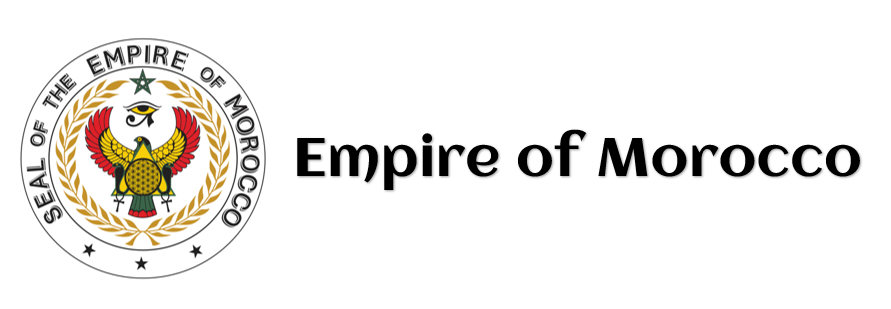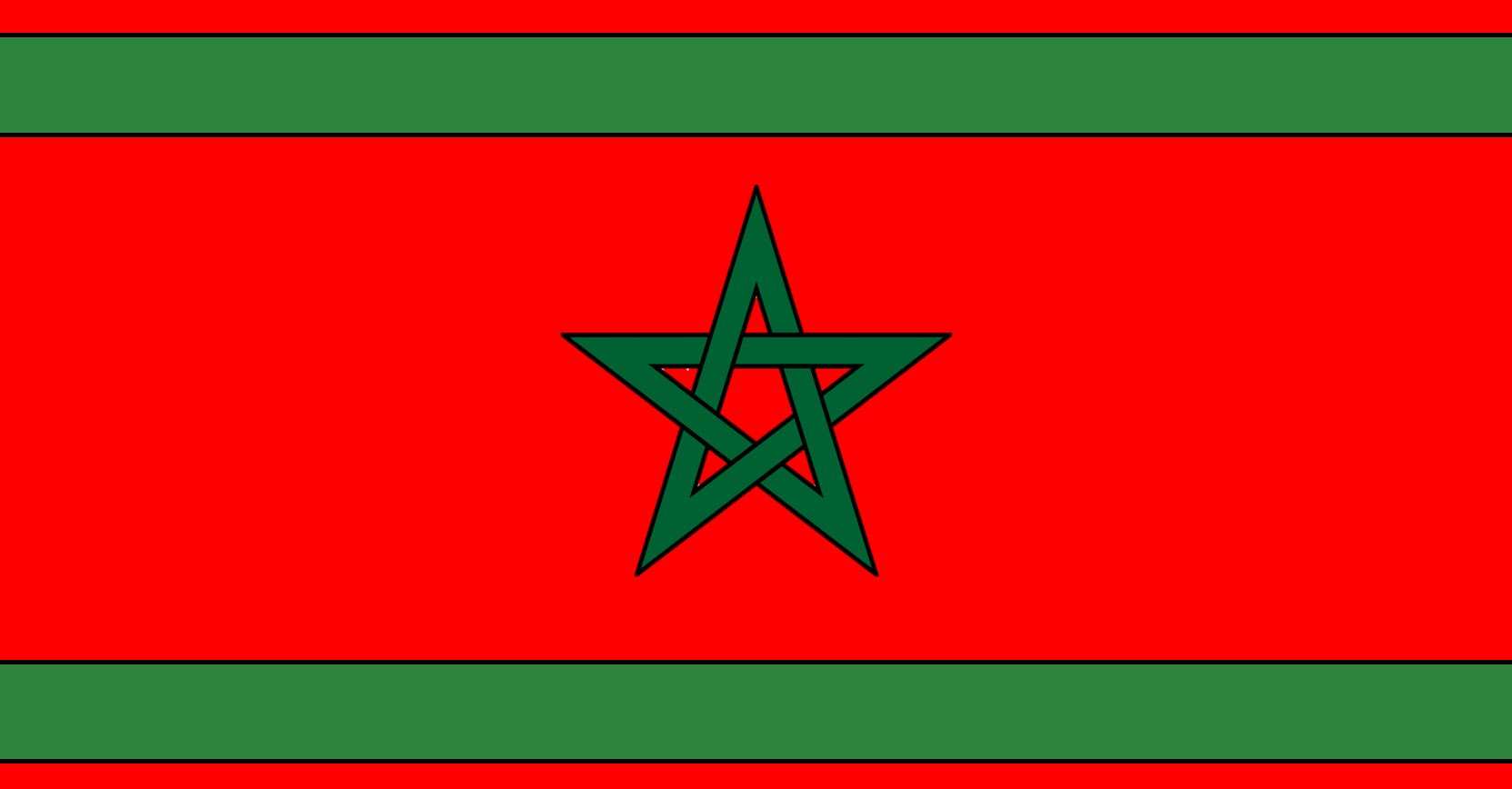By: Mary Freesun El ~ Seyaraha (Legislator)
Decolonization is often misunderstood as a purely emotional or political movement. In truth, it is a precise and lawful process, one rooted in the language of treaties, the mandates of international law, and the inherent rights of indigenous peoples. For the Empire of Morocco and its Moroccan-Moorish people, decolonization is not a rebellion, nor is it a rejection of modern governance. Rather, it is a restoration, a lawful return to a status that predates colonization, grounded in treaties that remain binding to this day.
The Historical Foundation of Sovereignty
The Empire of Morocco holds one of the longest uninterrupted records of treaty-making sovereignty in the world. Its 1786 Treaty of Peace and Friendship with the United States remains one of the oldest active treaties in U.S. foreign relations. Long before the Berlin Conference of 1884–85 and the colonial scramble for Africa, Morocco had already established itself as a sovereign actor in international law. This sovereignty was not a gift; it was the recognized reality of a functioning, independent, treaty-making Empire.
Despite this, foreign intrusion began to escalate through the late 19th and early 20th centuries. European powers sought to impose economic and political control over Morocco’s internal affairs. Treaties such as the Madrid Convention of 1880 and the General Act of the Algeciras Conference of 1906 affirmed Moroccan sovereignty, yet paradoxically opened the door for foreign influence under the guise of “reform” and “cooperation.” These instruments, however, did not dissolve Morocco’s sovereignty; they confirmed it, explicitly recognizing the Sultan as the legitimate sovereign ruler and Morocco as a distinct, independent State.
The Impact of Colonial Disruption
In 1912, the signing of the Treaty of Fez imposed a colonial protectorate over Morocco, violating the sovereignty enshrined in earlier treaties. This act effectively split the nation, disrupted its institutions, and attempted to recast Moroccan nationals, especially the Moors, into colonial subjects.
Under foreign dominion, countless Moors were stripped of their nationality and reclassified under colonial legal codes. They lost their land through feudal title schemes, their names through naturalization laws, and their international personality through the erasure of Moroccan diplomatic identity.
This colonial era did not end with Morocco’s 1956 independence under the Kingdom. In truth, many legal remnants of colonialism remain embedded in both domestic and international structures. For Moroccan-Moorish descendants, especially those living in diaspora, the project of complete decolonization remains unfinished.
The Legal and Political Process of Decolonization
Decolonization in the modern Empire of Morocco is not merely rhetorical. It is grounded in international law, particularly the principles outlined in the United Nations General Assembly Resolution 1514 (XV) of 1960, titled “Declaration on the Granting of Independence to Colonial Countries and Peoples.” This resolution affirms the right of all peoples to self-determination and calls for the dismantling of colonial frameworks that deny that right.
The Moroccan-Moorish people, through lawful allegiance to the reestablished Empire of Morocco, are now engaging in that very process. This involves:
- Asserting treaty protections that were never legally extinguished.
- Re-establishing internal states and political groups that function under the Empire’s authority.
- Submitting to Moroccan law in order to receive lawful protection as subjects of the Sultan.
- Reorganizing civic identity around nationality, not ethnicity or race.
Article XV of the Madrid Convention: A Legal Key
One of the clearest legal standards for decolonization appears in Article XV of the Madrid Convention of 1880. This article stipulates that for a person to receive the protection of the Moroccan Sultan, they must be in submission to Moroccan law and free from unresolved criminal or civil liabilities under any foreign power.
This is not a symbolic requirement; it is a lawful threshold. Those seeking protection must resolve any outstanding judgments or charges under colonial jurisdiction before the Empire may extend its diplomatic shield. This article enshrines the principle that legal protection follows lawful conduct and national submission, not mere ethnic or cultural identification.
Decolonization as a Restoration of Legal Personality
At its core, decolonization for the Empire of Morocco is about restoring the legal personality of a people who have been displaced, not only physically, but also legally and politically. The Empire is not seeking to create something new. It is enforcing continuity, the kind of continuity that international law respects: treaties, succession, and sovereign identity.
This is why the Empire continues to appeal to historic treaty instruments like:
- The Treaty of Peace and Friendship (1786, 1836)
- The Treaty of Madrid (1880)
- The General Act of Algeciras (1906)
- The Charter of the United Nations (1945)
These documents remain valid and active. They form the lawful foundation of the Empire’s jurisdiction and international standing. Decolonization brings these documents back to the forefront, not in theory, but in daily governance and legal enforcement.
Conclusion: Living the Treaty-Bound Life
To decolonize is not to abandon the lands where we live, whether in the Americas, Europe, or elsewhere.
Rather, it is to choose which jurisdiction we stand under.
Will we remain under foreign, colonial-derived legal systems?
Or will we return to the ancient and lawful authority of the Moroccan Empire?
To be protected by the Sultan, one must live as a Moroccan, not only in name, but in lawful allegiance.
Decolonization is the bridge between claim and reality. It is how we move from being merely Moorish by blood to being Moroccan by law.
“We are not becoming something new. We are returning to what we lawfully were — sovereign, treaty-bound, and protected.”

